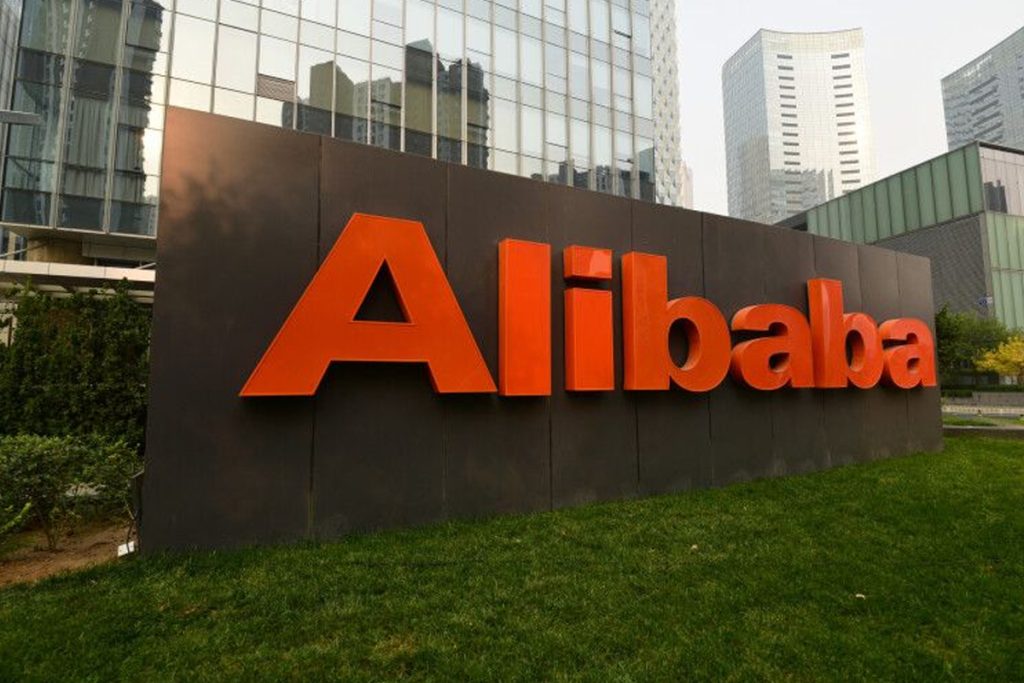Alibaba’s advanced AI has achieved a remarkable feat, successfully clearing China’s rigorous medical qualification examination, signifying a pivotal shift in delivering healthcare advice.
Alibaba Group Holding’s healthcare AI, built on its advanced Qwen series, now performs like seasoned doctors and is part of Quark, the company’s main AI assistant app for consumers.
Alibaba’s AI Breakthrough In Healthcare
Alibaba stated on 27 May that the artificial intelligence (AI) model successfully cleared China’s medical qualification exams, reaching the ‘Deputy Chief Physician’ level in 12 common medical areas, such as general medicine, internal medicine, general surgery, obstetrics and gynaecology, and paediatric medicine.
Pertinently, China’s medical professional certification system has five levels, with ‘Deputy Chief Physician’ being the fourth-highest designation. The company stated that the healthcare model runs on Alibaba’s Qwen 2.5-32B foundation model, which is backed by a wealth of high-quality data and sophisticated multi-stage training.
Alibaba’s Healthcare AI Model Takes Centre Stage
According to an Alibaba-owned South China Morning Post report, benchmark data from Quark shows the healthcare model surpassed DeepSeek’s R1 and V3, and OpenAI’s GPT-4o, in test accuracy.
It achieved a 74.8 percent accuracy rate at the ‘Deputy Chief Physician level and a 56.4 percent accuracy rate at the top-tier ‘Chief Physician standard. Alibaba reports that the healthcare model is now completely embedded within Quark, prompting the model to engage whenever a user seeks health advice.
First launched as an online search and cloud storage tool, Quark was rebranded in March as an ‘all-in-one’ AI assistant due to rising competition in China’s consumer AI application market.
Bill Gates said AI would replace doctors in 10 years.
But China just did it in 2025.
Alibaba’s AI outperformed human doctors by 34.1%.
40,000 real patients tested.
And the FDA’s response? Way more terrifying than you think: 🧵 pic.twitter.com/8N5NTmQdLm
— Vinay (@vinayp10) April 24, 2025
In May, Quark rolled out a ‘deep search’ function that combines Alibaba’s Qwen AI models’ advanced reasoning with online search. The function aims to provide precise answers to complex questions, improving upon traditional keyword-based search engines.
Alibaba stated that Quark served over 200 million users before its overhaul. The app now boasts impressive features, including cloud storage, browser services, AI-powered search tools, AI-created images and writing help, and tools for summarising and transcribing audio.
Integrating AI Into Consumer Health Platforms
The healthcare sector remains crucial for Chinese tech companies adding AI capabilities to their apps, spanning from drug development and diagnostic support to tailored health assistance.
Earlier this month, Tencent Holdings, the social media and video gaming giant, unveiled the beta version of its ‘Health Management Assistant,’ which runs on the company’s Hunyuan AI model. Baichuan, an AI start-up created by internet veteran Wang Xiaochuan, is also directing its efforts toward AI applications connected to healthcare.
Alibaba’s AI Achievement Amidst the US-China AI Race
Alibaba’s AI clearing rigorous medical exams signals a monumental step in China’s technological ascent, particularly in healthcare. This achievement comes at a time when China and the US are deeply involved in an AI arms race.
Despite US export restrictions on advanced AI chips, Chinese tech giants like Tencent and Baidu are adapting by acquiring significant chip reserves, pursuing homegrown alternatives, and refining AI models to lower computational needs.
Imagine live streaming with digital avatars in just 5 minutes. Baidu AI Cloud’s Digital Human Platform makes it real. China’s e-commerce is embracing the trend, with a live-streaming room featuring a digital anchor generating 500k RMB in revenue. Dive into the video for details. pic.twitter.com/uX72hug9KA
— Baidu Inc. (@Baidu_Inc) August 10, 2023
Tencent states it possesses enough high-end chips for upcoming AI development, while Baidu has ordered Huawei’s Ascend 910B chips to substitute for Nvidia’s. As CNBC reported, these strategic actions underscore China’s adaptability and resolve to advance its AI capabilities independently.
The success of China’s AI in clearing the doctor’s test highlights its substantial advancements in the field.

